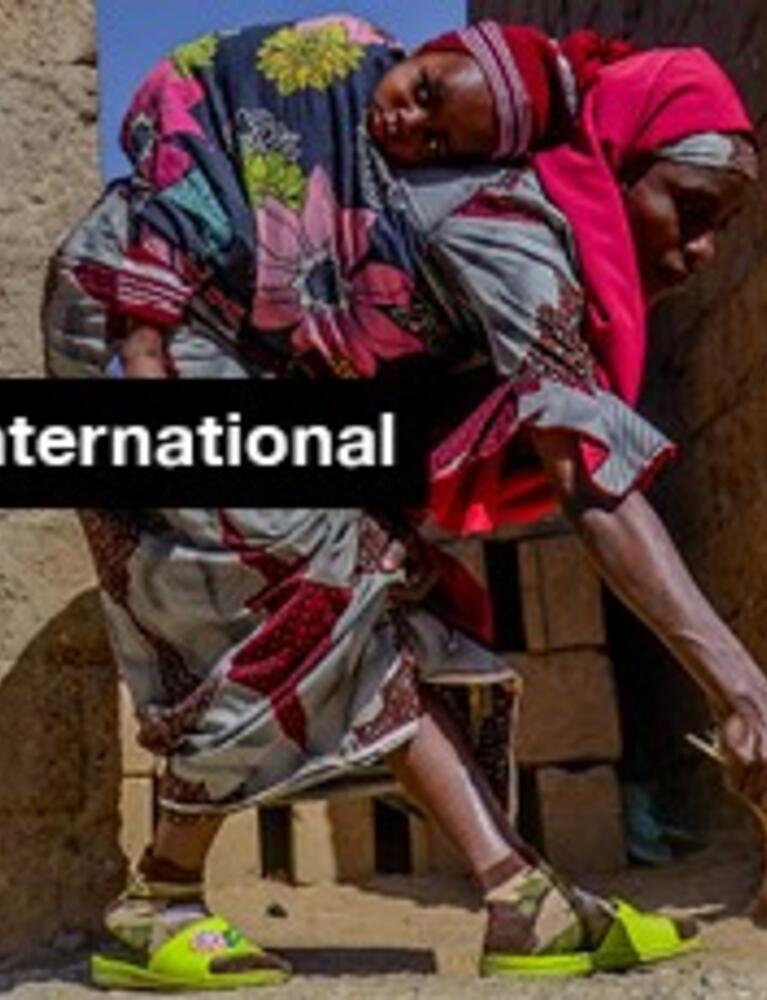MSF Scientific Days International 2022 will be held virtually 10 - 12 May. Register now to attend.
Register to attend.
Day 1: Tuesday 10 May
SESSION 1: Covid19 in humanitarian settings: modelling, measuring and applying lessons
In session 1, we will be reflecting on what we have learnt so far from the Covid-19 pandemic. This session explores new learnings – from novel models that can predict the severity of disease and can determine the likelihood of supplemental oxygen requirement to generating reliable estimates of mortality. Furthermore, we are reminded of the importance of community engagement when planning and implementing interventions, an old learning that may not be sinking in as it should. Learning from the community is a running theme this year, and session 5 will be exploring our successes and failures.
SESSION 2: How humanitarian programmes adapted to a respiratory pandemic
Session 2 showcases several innovative solutions introduced to overcome challenges experienced due to the pandemic. Reacting to decreased capacity in the face of increased patient numbers, one presentation looks at bolstering the skills of nursing assistants to decrease pressure across the team and improve patient comfort and care. Another assesses the benefits and limitations of using telemedicine for the provision of remote training and supervision of mental health care in MSF projects, during situations in which deployment of expert staff is not possible.
-------------------------------------------------------------------------------------------------------------------------------------
Day 2: Wednesday 11 May
SESSION 3: Reshaping TB care in low resource settings (a new/ the next chapter?)
In session 3, we report big moves in the fight against tuberculosis (TB). The results of MSF’s clinical trial signify a new chapter for treatment, recommending a much shorter regimen for drug resistant tuberculosis (DR TB) that is superior to current care. Importantly, we also report pregnancy outcomes in patients undergoing DR TB treatment – a group commonly excluded from trials. And we find diagnostic success in two new tools: a new tool for rapid detection of DR-TB that supports personalised treatment regimens and an old tool that can be used for diagnosis of TB in children.
SESSION 4: Humanitarian action and the health system
In session 4, we identify health system weaknesses and areas in which MSF and other humanitarian actors can provide support. Positive news from Sierra Leone, where an MSF/Ministry of Health collaborative programme providing free primary health care has improved health outcomes for mothers and children. From Guinea, improved training at community level to increase
responsibilities of community healthcare workers may strengthen areas of weakness, such as case management. We also explore drug resourcing – finding availability of medicines as a barrier in one presentation, whilst another recommends fixed dose combination drug regimens to be made available for cardiovascular diseases in MSF clinics in Lebanon.
-------------------------------------------------------------------------------------------------------------------------------------
Day 3: Thursday 12 May
SESSION 5: Power and community
Session 5 examines some consequences of the asymmetry of power within MSF, including staff members feeling that they are unable to contest decisions, as well as a lack of confidence in the deliverability of MSF policies due to a common disconnect between communities and western-centered approaches. This disconnect is further exemplified in a presentation from Cox’s Bazar exploring the perceptions, experiences, and expectations regarding maternity services. Positively, in Ethiopia, a new surveillance system that integrates knowledge from MSF, local health facilities, and the community provides a shining example of how and why MSF should be utilising local knowledge.
More about the conference through this link.



